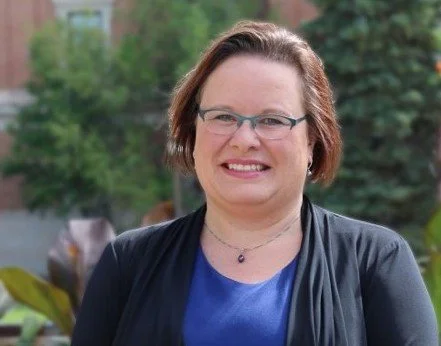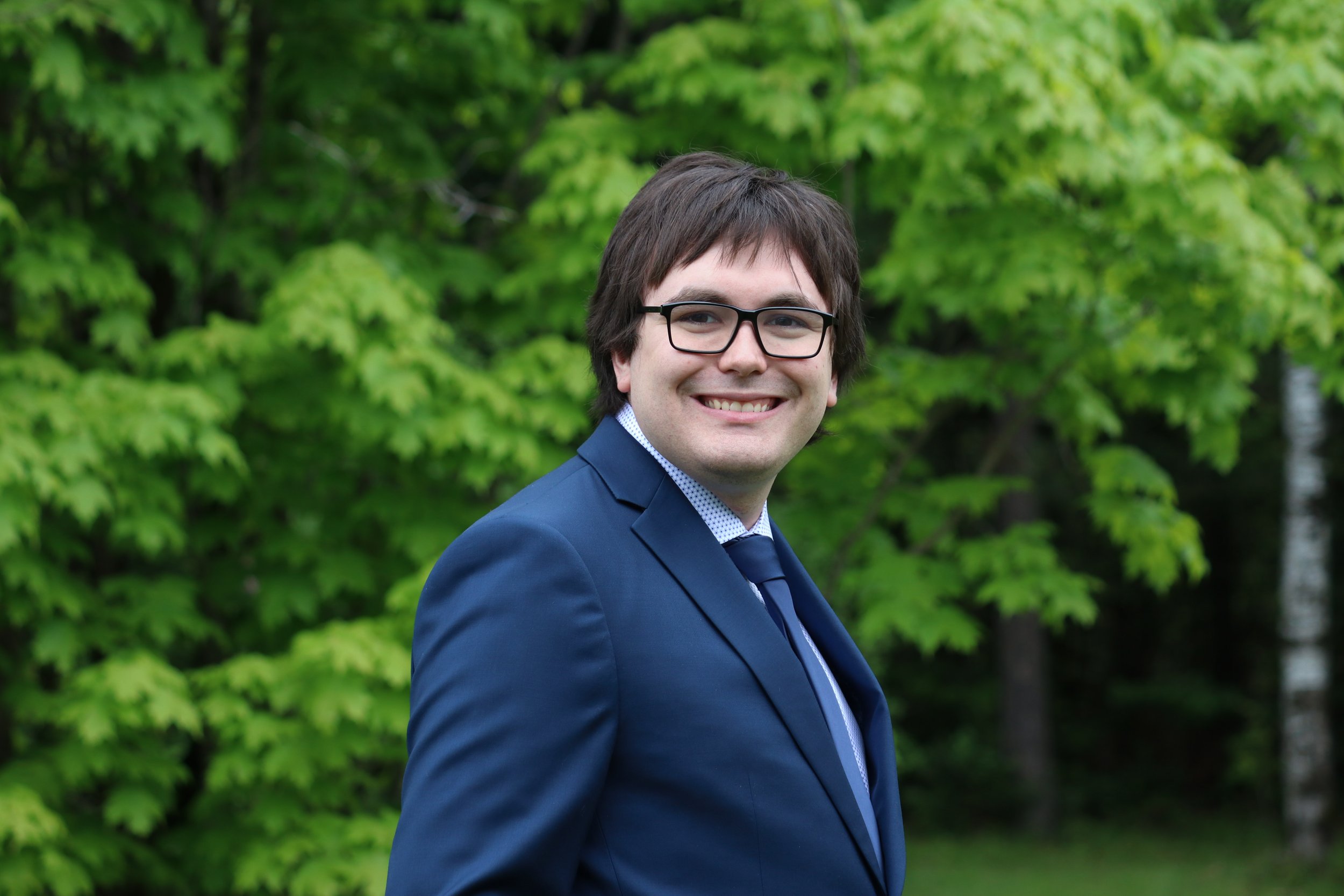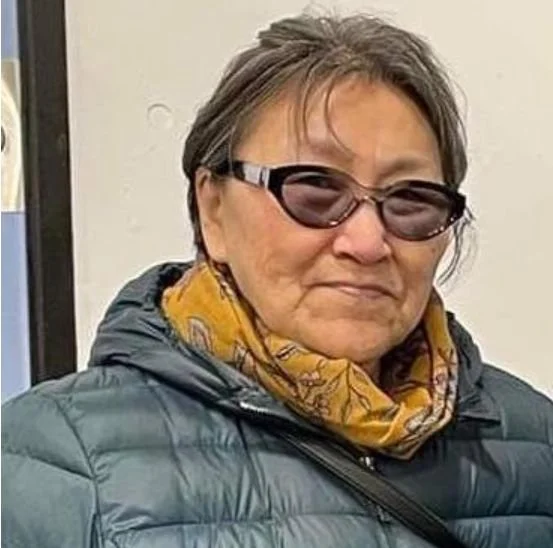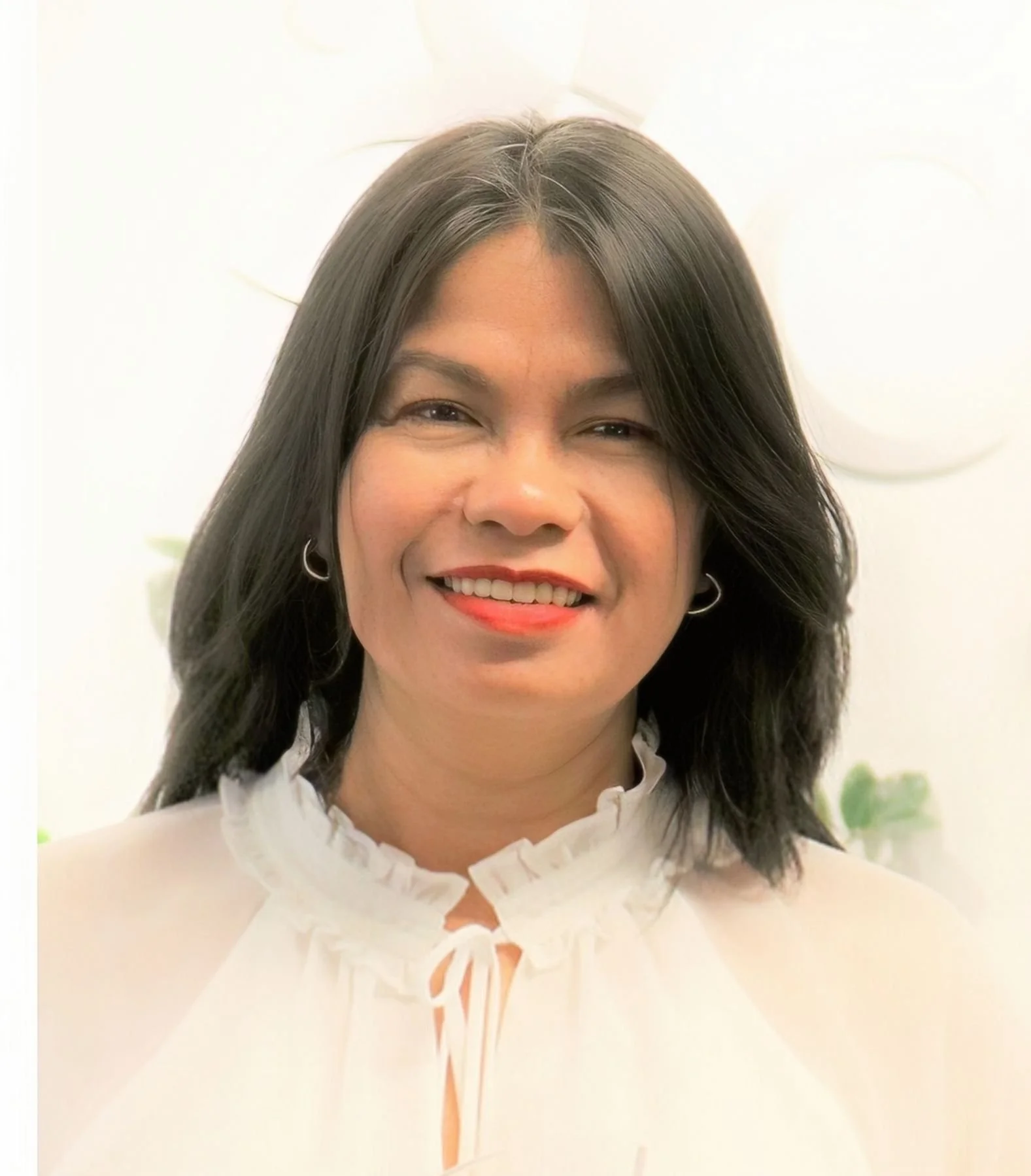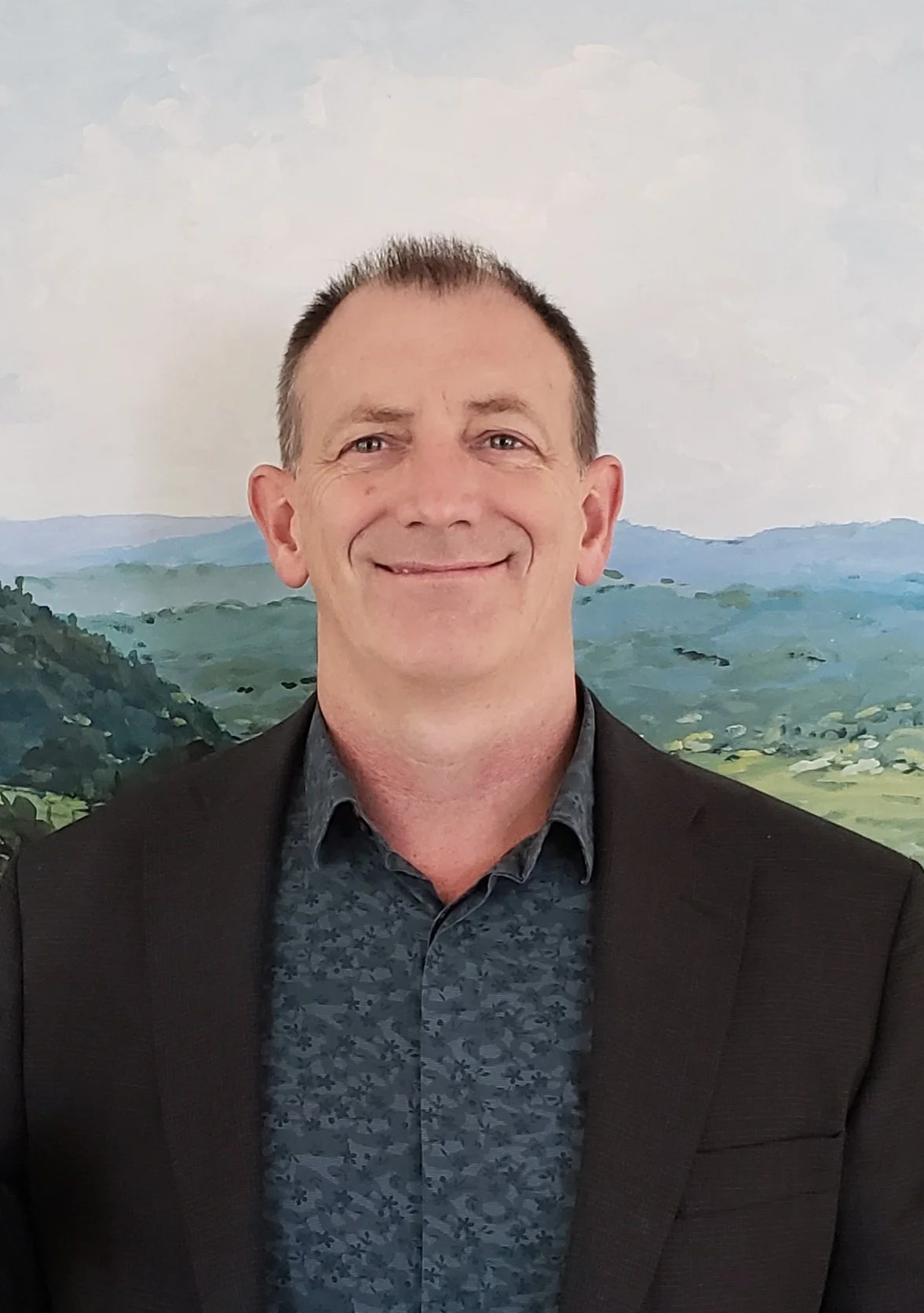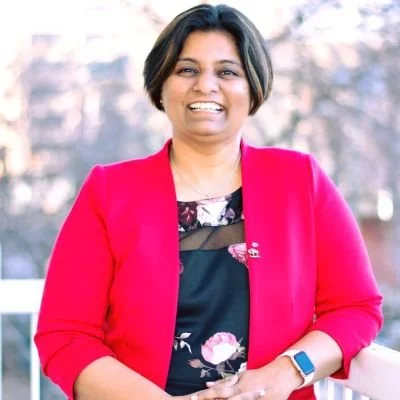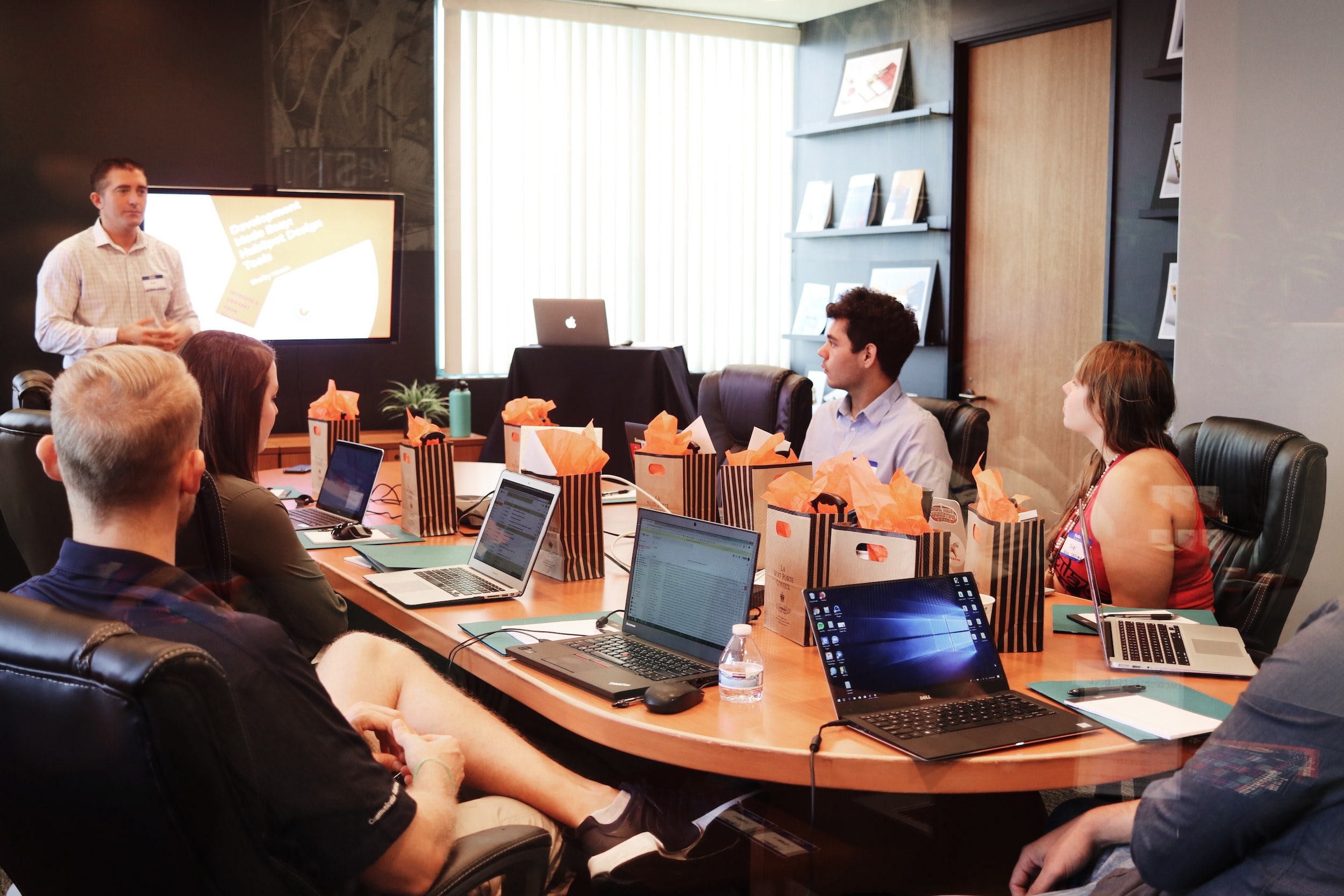
NIIP Northern Summit
A learning and sharing opportunity
February 13th and 14th, 2024*
The NIIP Northern Summit is an opportunity for learning, sharing and networking for service providing organizations in the Northern territories. Speakers from different parts of Canada are invited to offer insights into their journeys and approaches across diverse domains.
This event is funded by Immigration, Refugees and Citizenship Canada, and it is being organized by the Northern Immigration and Integration Partnership (NIIP).
* Originally scheduled for 2023, the Summit had to be postponed due to the wildfires in the Northwest Territories.
From the conference
Day 1
Panel Presentation #1: Data and Research on Northern Immigration
Dr. Lori Wilkinson - Professor, Department of Sociology and Criminology & Immigration Research West, University of Manitoba
Dr. Mariève Forest - Researcher, Sociopol
Guillaume Deschênes-Thériault - Researcher, Sociopol
Migration to Canada’s North: Challenges and Opportunities for Future Growth (Dr. Lori Wilkinson)
While IRCC and the territorial governments have long been interested in attracting and retaining newcomers to the region, the north is a region that does not receive the attention and care it needs, at least compared to the southern region of Canada. In this presentation, I examine existing public and non-public data on migration to Yukon, Northwest Territories and Nunavut and review the small but growing expert database on small centre migration to identify some best practices that could be applied in full or modified form to assist the northern region in the successful integration of newcomers and their families to the region. I end with a critique of the current Rural and Northern Immigration Pilot project and how it could be modified to address the needs of Canada’s northern communities and the newcomer groups that have settled there.
Dr. Lori Wilkinson
Lori Wilkinson is a professor in the Department of Sociology and Criminology at the University of Manitoba. She holds a Canada Research Chair in Migration Futures. Her research centres on the economic and social outcomes of immigrants and refugees with a special focus on newcomer women and the experience of violence. She is also the director of Immigration Research West, a multidisciplinary group of over 100 members who work together to educate Canadians about the contributions of newcomers. She volunteers with several international, national and local community organizations who are working toward the successful resettlement of newcomers.
The Role of Territorial Governments in Francophone Immigration (Dr. Mariève Forest)
In Canada, the decline of francophone communities since 1971 is demonstrated by growth rates well below those of the total population. In this picture, the territories are an exception, since over the past fifty years, the francophone population has increased. This presentation offers an analysis of the projected evolution of the territories' francophone population, and how various measures to support francophone immigration to the territories can contribute more closely to the development of northern francophone communities.
Dr. Mariève Forest
Mariève Forest is President and Senior Researcher at Sociopol, a firm specializing in applied social research, consulting and collective support. In this capacity, she carries out mandates mainly in the fields of official languages and regional development. She is also a visiting professor at the University of Ottawa's School of Sociological and Anthropological Studies and an affiliated researcher with the Centre for Interdisciplinary Research on Citizenship and Minorities (CIRCEM). She specializes in public decision-making, immigration-related social policies, social change and citizenship education. She has published numerous reports, book chapters and articles.
Immigration in the North - Statistical Portrait (Guillaume Deschênes-Thériault)
This presentation will review the latest immigration trends in the three territories, based on data from Statistics Canada's 2021 Census of Population and Immigration, Refugees and Citizenship Canada.
Guillaume Deschênes-Thériault
Guillaume Deschênes-Thériault is a doctoral student in Political Science at the University of Ottawa. He holds a Bachelor's Degree from the University of Moncton and a Master's Degree from the University of Ottawa. He is also a research associate at Sociopol. His research focuses on francophone minority communities, with a particular interest in immigration issues. Since May 2021, he has been a councillor with the municipality of Kedgwick, New Brunswick.
Day 2
Presentation: Immigration and Reconciliation with Indigenous Peoples
Pitsiulak Peesee (Nunavut Arctic College)
Merely returning (Pitsiulak Peesee)
This presentation/speech will be about reconciliation between Inuit and non Inuit. Inuit have many creation stories and one of them is called Uinigumasuittuq. It is an old creation story of a woman who refused to marry. Peesee will use the story to frame what she feels is needed to reconcile with non Inuit. Inuit have gone through cultural change in a very short time and people have endured trauma in this journey. Let’s discuss how we can assist each other in the healing journey.
Pitsiulak Peesee
Peesee Pitsiulak (Stephens) is a Dean, Education and Inuit Studies at Nunavut Arctic College in Iqaluit. Peesee has a B.Ed. from McGill University and a M.Ed. from UPEI. Peesee is from the generation of people living on the land before forced relocation into settlements. She has taught at elementary and middle schools and at the college in the Teacher Education Program. Peesee grew up in a traditional Inuit family.
Panel Presentation #2: Alternative Funding Sources for Service Providing Organizations in the North
Canadian Northern Economic Development Agency (CanNor) Jessica Juen - Temporary Foreign Workers (TFW) Hub
TFW Prairie Hub: Ensuring a Coordinated Approach and Regional Network of Support for Temporary Foreign Workers (Jessica Juen)
In the late summer of 2020, Employment and Social Development Canada (ESDC) announced a call for pilot projects to support Temporary Foreign Workers (TFW) with the intention to mitigate the COVID-19 outbreaks across Canada. CCIS responded by taking the leadership role of creating a partnership that included: Service Providing Organizations, Umbrella Organizations and Grassroots Organizations. The success of the pilot program paved a way for the establishment of a TFW Hub across the Prairies. The partnership is a collective effort to develop a coordinated approach, as well as, a regional network of support for TFWs. Currently there are 17 partners under the TFW Hub across Alberta, Manitoba, and Saskatchewan. Through this funding, the TFWs’ continue to be supported in their needs, ensure awareness of their rights, and have a sense of connection to their local communities.
Jessica Juen
Jessica Juen, an advocate for temporary foreign workers (TFWs) for over 15 years, began as a Calgary Catholic Immigration Society volunteer in 2008. She now manages the TFW Prairie Community Support Program, overseeing partnerships across Alberta, Saskatchewan, and Manitoba. With firsthand knowledge of TFW challenges, she educates and advocates for their rights, countering exploitation and trafficking. Collaborating with academics and nonprofits, Jessica produces educational materials and public forums, addressing temporary resident issues. She contributes to the Labour Collaboration Group's Advisory Committee, uniting government, law enforcement, and community reps to combat labor exploitation, seeking solutions and victim support strategies. Her dedication empowers TFWs and advances equitable treatment.
CanNor: Funding Opportunities for Northern businesses and organizations (Judith Bosire)
The northern economic landscape poses unique challenges for businesses and organizations to grow. As a northern development Agency, CanNor’s key mandate is to support economic growth in the north through funding. We fund various economic, social and cultural initiatives across Nunavut, Northwest Territories and Yukon that form the fabric for northern economic growth. This includes initiatives that contribute to growing our infrastructure inventory that is foundational to economic growth. Our funding is accessible to all northern businesses and organizations that are driving economic growth in the north, including small businesses.
Judith Bosire
Judith is a Director of Program Services and Partnerships at the Canadian Northern Economic Development Agency (CanNor), based in Iqaluit, NU. She is a versatile leader with over 13 years of experience delivering strategic advice to governments, associations, the private sector, and Indigenous communities across Canada at the intersection of public policy, social and economic development, and business strategy.
As an immigrant, Judith's journey began in Kenya, leading to Wall Street at Merrill Lynch, through Vancouver as an economic consultant at Deloitte, and eventually to public service at CanNor in Nunavut. She has worked with Indigenous communities across different jurisdictions in Canada and has lived experience in the Canadian North, delivering economic development initiatives across Nunavut, Yukon, and Northwest Territories.
She holds two Master's Degrees (Financial Economics and International Development) and serves on the Board of Directors of various organizations.
SPOs Program Areas/Service Line Presentations
Kelly Ernst, PhD - SOGIESC Guidelines for LGBTQIA+ immigrants
Nitin Gupta – Senior Project Manager at CARMIS (Case Management Software Team)
Sumegha Gupta - Principal Product Architect at CARMIS (Case Management Software Team)
Implications of National SOGIESC Guidelines for Newcomer Serving Organizations (Kelly Ernst)
This presentation describes the National SOGIESC (Sexual Orientation, Gender Identity and Expression, and Sexual Characteristic Diversity) Guidelines Project and the implications it may have on newcomer serving organizations.
This project was built upon recommendations compiled at the first National LGBTQ2S+ Newcomer Settlement Conference where participants identified that no guidelines existed in this area. Unlike traditional educational workshops on the subject, the guidelines were developed to help direct organizations and practitioner to base their work on best and promising practices while delivering services to sexually diverse newcomers.
The project is now entering an implementation phase where practitioners can be trained in the learning from over 40 organizations across Canada. Core general learning is supplemented with specific learning in several key areas, including settlement interviewing, refugee resettlement, and other areas.
The implications of creating these guidelines suggest that traditional ways of providing services based on introductory workshop about human sexuality are not adequate to create the most effective services for SOGIESC people. People must have knowledge and skills to not only provide sensitive services, but also abilities to provide services where SOGIESC issues interact with international cultures, settlement services, Indigenous ways of learning, and other areas. Organizations may need to develop new policies and procedures if they are serious about providing the best possible services for SOGIESC newcomers.
Kelly Ernst, PhD
Kelly Ernst is the Chief Program Officer at Centre for Newcomers in Calgary, Alberta and the President of the End of the Rainbow Foundation. He has a Ph.D. in Educational Psychology from the University of Calgary.
Kelly leads a national project to develop guidelines for serving 2SLGBTQI+ newcomers in settlement organizations. He has more than 3 decades of human rights advocacy, education, and publishing associated most recently with his current roles, but also as Executive Director of Calgary Outlink, Past-President of the Rocky Mountain Civil Liberties Association, Senior Program Director at the Sheldon Chumir Foundation for Ethics in Leadership, and through many other board positions. His work has led to various awards, including The Queen Elizabeth II’s Platinum Jubilee Medal, the 2020 Stars of Alberta Volunteer Award, and the Alberta Civil Liberties Human Rights Award.
Empowering Change-Makers: CARMIS Paves the Way for Dynamic Case Management (Nitin Gupta and Sumegha Gupta)
In this session, we will delve into the challenges faced by non-profit organizations in managing settlement services and interactions with various stakeholders. We will explore how CARMIS's innovative solutions are transforming case management processes, making them more efficient and streamlined.
CARMIS's ability to integrate with other systems enhances coordination and generates meaningful reports for stakeholders. You'll also learn about CARMIS's outstanding support, simplifying intricate tasks. The system's customization capabilities allow organizations to align it precisely with their workflows, ensuring a seamless transition and minimizing disruptions.
This journey represents an ongoing evolution toward a successful future. The CARMIS revolution encompasses AI, cloud computing, mobility, and Power BI capabilities, guaranteeing a solution that adapts to future needs in non-profit case management. It's not just software; it's a team of powerful allies that empowers change-makers to navigate complexities, promote collaboration, and achieve remarkable results.
Website: https://carmis.ca
Nitin Gupta
Nitin Gupta is a seasoned software solutions architect, requirements analyst and project manager with a 21-year rich experience in international trade, accounting and IT.
Nitin's academic foundation includes a strong grounding in accounting, complemented by an eCommerce MBA specializing in IT project management and strategic planning. His prowess is substantiated by coveted certifications such as PMP, Prince2, ITIL, and Prosci ADKAR.
His expertise lies in orchestrating IT project management across healthcare, finance, and social services, focusing on enterprise resource planning (ERP). What sets him apart is his distinctive ability to craft pragmatic, cost-effective solutions within the contours of limitations while astutely capitalizing on every opportunity.
However, it's in the nonprofit and public sectors where Nitin truly thrives. His unwavering dedication is directed towards leveraging his multidisciplinary expertise to spearhead innovation and excellence in this arena. Nitin's mission is to employ technology as a catalyst, shaping transformative solutions aligned with the unique goals of nonprofit organizations and the public sector. He envisions a future where technology elevates societal progress and fosters positive change.
Sumegha Gupta
Sumegha is a visionary leader with over 19 years of transformative experience in both public and private sectors. Armed with an MBA and certified in Design Thinking from Harvard, she's a champion of change, leaving her mark on numerous boards and collaborating with 100+ global nonprofits. Sumegha's dynamic career has led her to architect CARMIS, an AI-driven case management solution tailored for nonprofits in Canada. It reflects her dedication to leveraging technology for profound social impact. Her commitment extends to advocating for women in STEM and IT, highlighting their potential in driving nonprofit initiatives.
Beyond a project, CARMIS is a dynamic force, it is not about software, it's about people. Sumegha and her team are resolute in uplifting nonprofits. It's an approach recognized by the Government of Canada as a success story from the Prairies.

